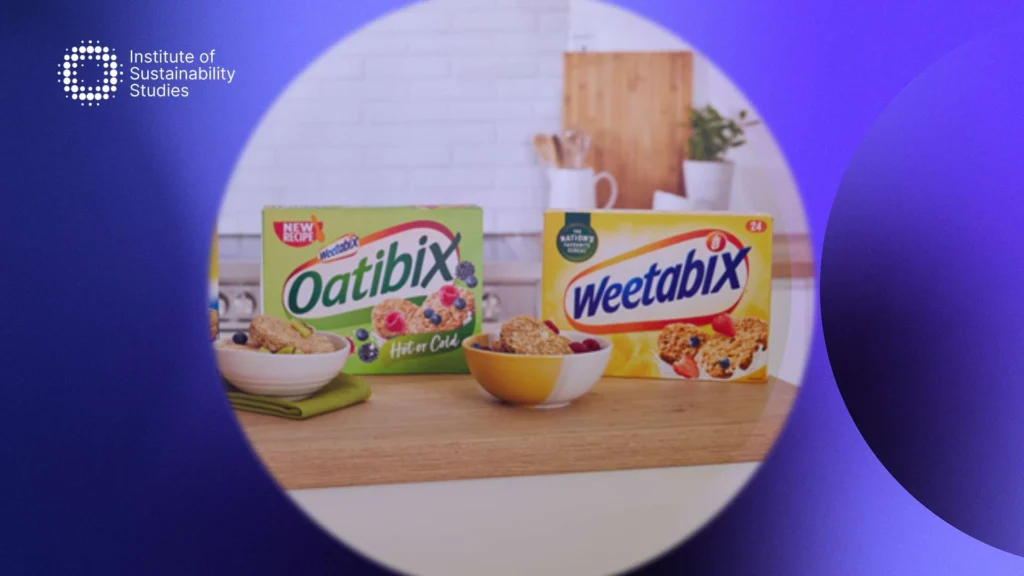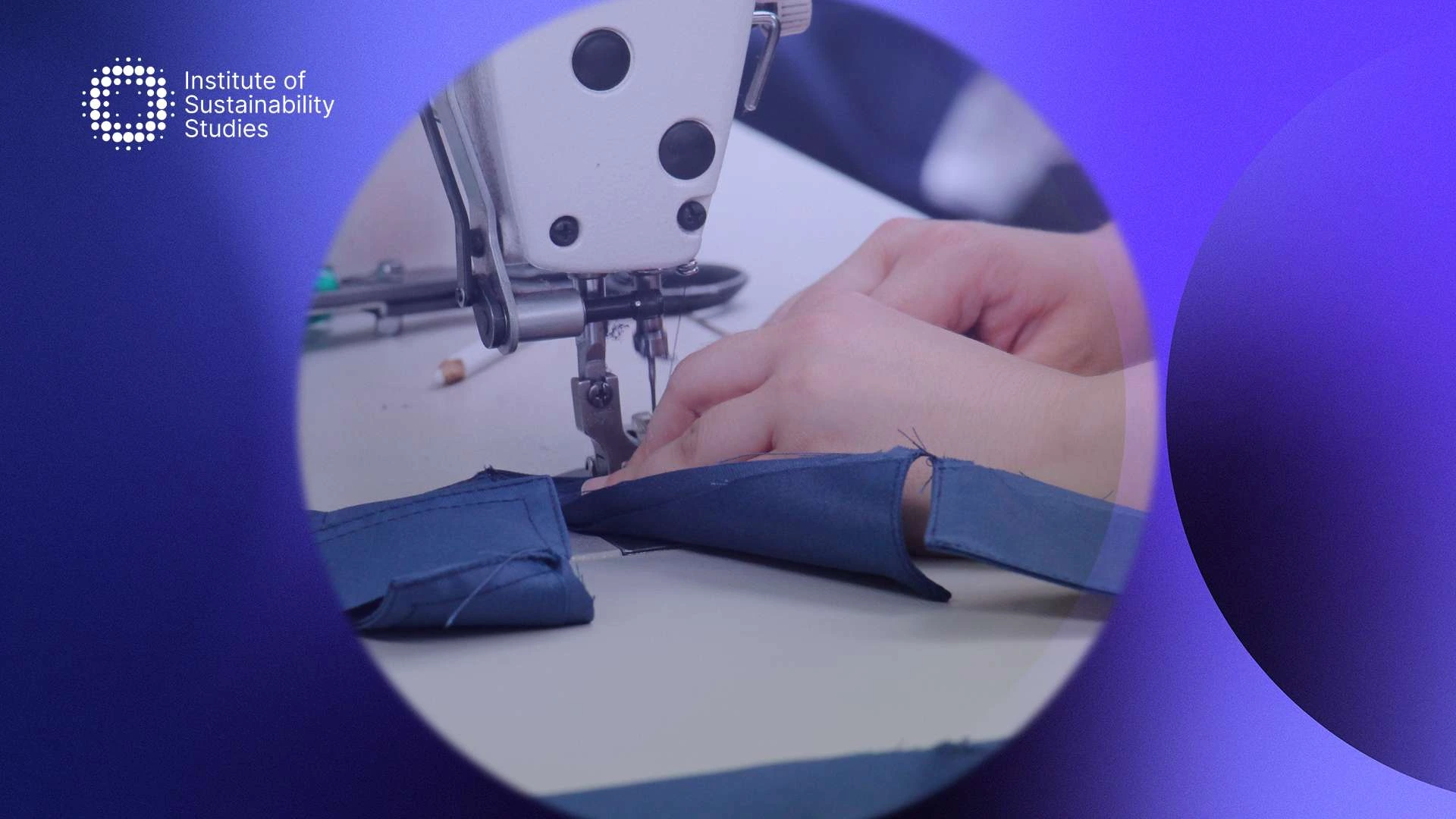Building a lower-carbon breakfast from the ground up
In an industry where carbon emissions, land use, and resource efficiency are under growing scrutiny, Weetabix sustainability efforts are setting a new standard. From farmer-led innovation to transparent reporting, Weetabix is making credible strides toward reducing the environmental impact of its iconic breakfast cereal.
The lower-carbon wheat project
At the heart of the Weetabix sustainability strategy is its Lower Carbon Wheat Project, a pilot programme with members of its Growers’ Group. This group includes over 120 farmers working within a 50-mile radius of the company’s mills, ensuring hyper-local sourcing and lower transport emissions. Together, they produce around 75,000 metric tonnes of wheat annually, enough to keep British breakfast bowls full.
The project focuses on reducing on-farm emissions by rethinking fertiliser use. Farmers trialled lower-nitrogen techniques such as:
- Replacing synthetic fertilisers with natural alternatives
- Planting cover crops
- Applying manures enriched with molasses
The results are promising. One of the farms, operated by Duncan Farrington, recorded a 20 percent drop in synthetic nitrogen use after three years, with no reduction in yield. More impressively, the carbon footprint of wheat production was halved during that time.
For Weetabix, wheat accounts for 37 percent of its total greenhouse gas emissions. By supporting growers to make evidence-based changes, the company has shown that emissions reductions can be both scalable and economically viable.
Beyond emissions, Weetabix is also making gains across its broader footprint:
- Over 5 million litres of water saved at manufacturing sites
- All electricity at its site is now sourced from 100 percent renewable energy (through 2025)
- A steady shift toward improved plastics use and circularity, as detailed in its latest sustainability report
A data-led approach to carbon neutrality
Looking ahead, Weetabix is developing a roadmap to deliver the first zero-carbon box of Weetabix Original. This will be built on insights from carbon studies already underway with 17 top growers, representing one-third of the wheat supply.
These studies found that the carbon intensity of recent harvests was 40–50 percent lower than UK baseline averages, indicating a clear opportunity to reset industry benchmarks.
To enhance accuracy and scalability, Weetabix is working closely with Map of Ag, utilising its global data platform to simplify farmer reporting, improve emissions tracking, and test emerging technologies such as precision nitrogen application and advanced soil assessments.
Since 2010, Weetabix has committed to local sourcing through its Growers’ Group model, demonstrating how supply chain proximity supports both environmental and product quality goals. With over 350 British farmers participating to date, the business has created a blueprint for regional resilience that supports farmers and the climate alike.
What’s next?
As it expands its Lower Carbon Wheat Project and deepens farmer partnerships, Weetabix sustainability goals remain clear: reduce emissions at scale, support regenerative practices, and produce the UK’s first zero-carbon cereal. These will align with government programmes like the UK Sustainable Farming Incentive while addressing the real-world complexity of farming at scale.
In the long term, this isn’t just about making one product carbon-neutral. It’s about proving that agricultural decarbonisation is possible, cost-effective, and beneficial to both producers and consumers. Through its Growers’ Group, data partnerships, and commitment to transparency, Weetabix sustainability leadership continues to evolve, offering a blueprint for the food sector to act with purpose and urgency.
_____
Want to read more business spotlights?
Dedicated to harnessing the power of storytelling to raise awareness, demystify, and drive behavioural change, Bronagh works as the Communications & Content Manager at the Institute of Sustainability Studies. Alongside her work with ISS, Bronagh contributes articles to several news media publications on sustainability and mental health.
- Bronagh Loughlinhttps://instituteofsustainabilitystudies.com/insights/author/bronagh/
- Bronagh Loughlinhttps://instituteofsustainabilitystudies.com/insights/author/bronagh/
- Bronagh Loughlinhttps://instituteofsustainabilitystudies.com/insights/author/bronagh/
- Bronagh Loughlinhttps://instituteofsustainabilitystudies.com/insights/author/bronagh/











